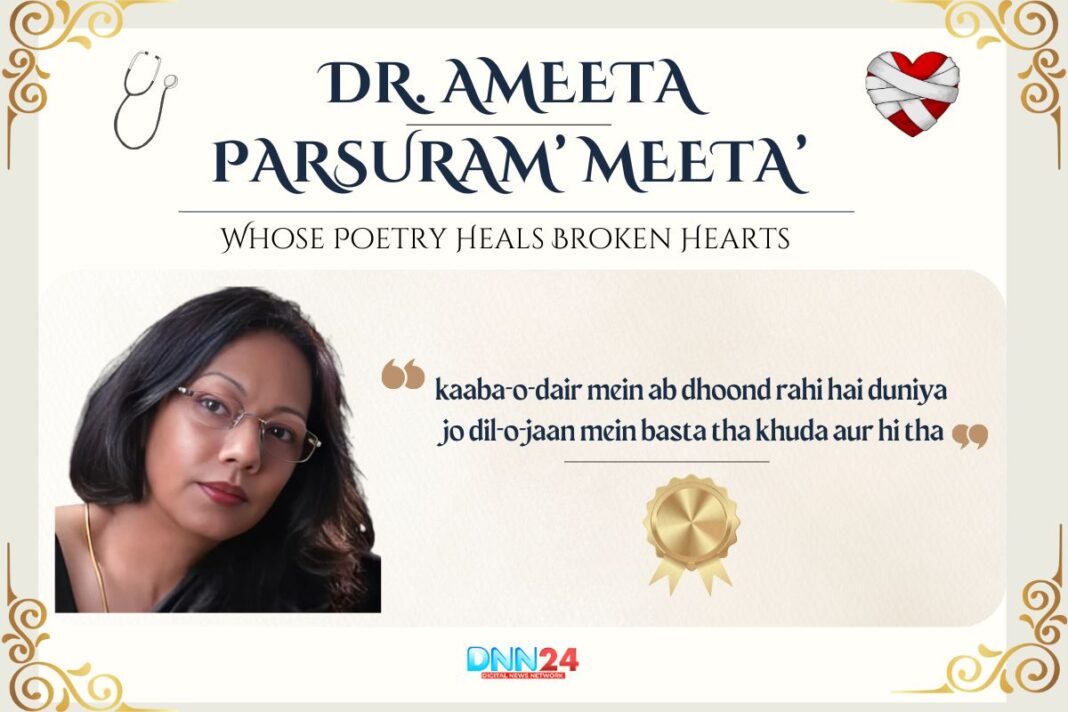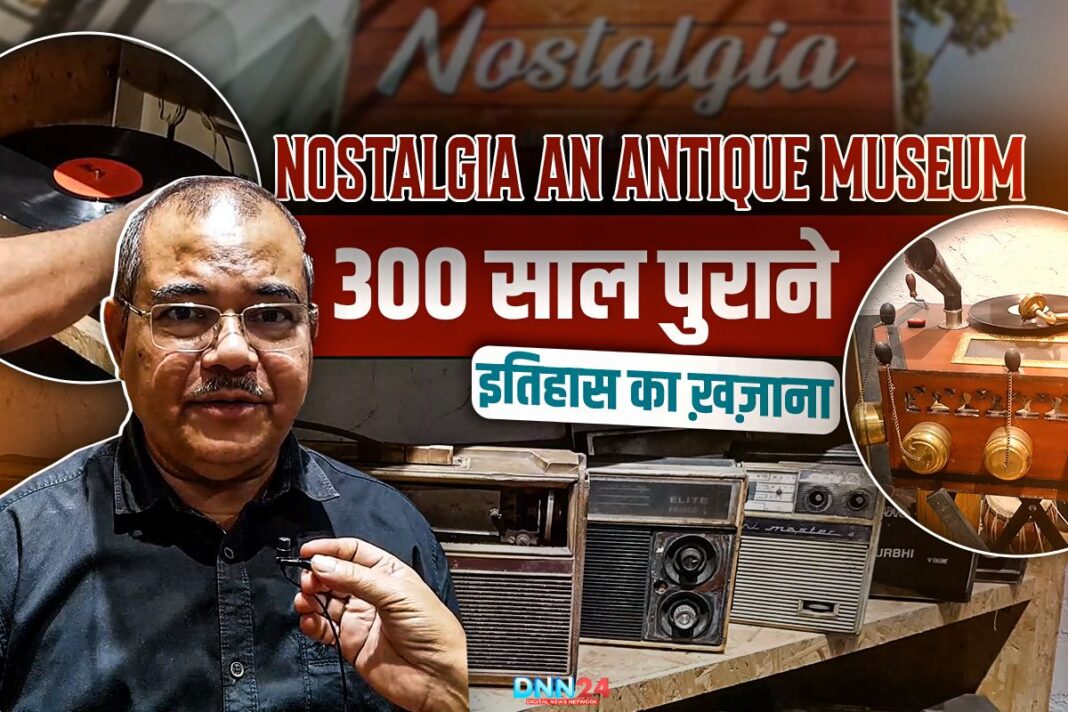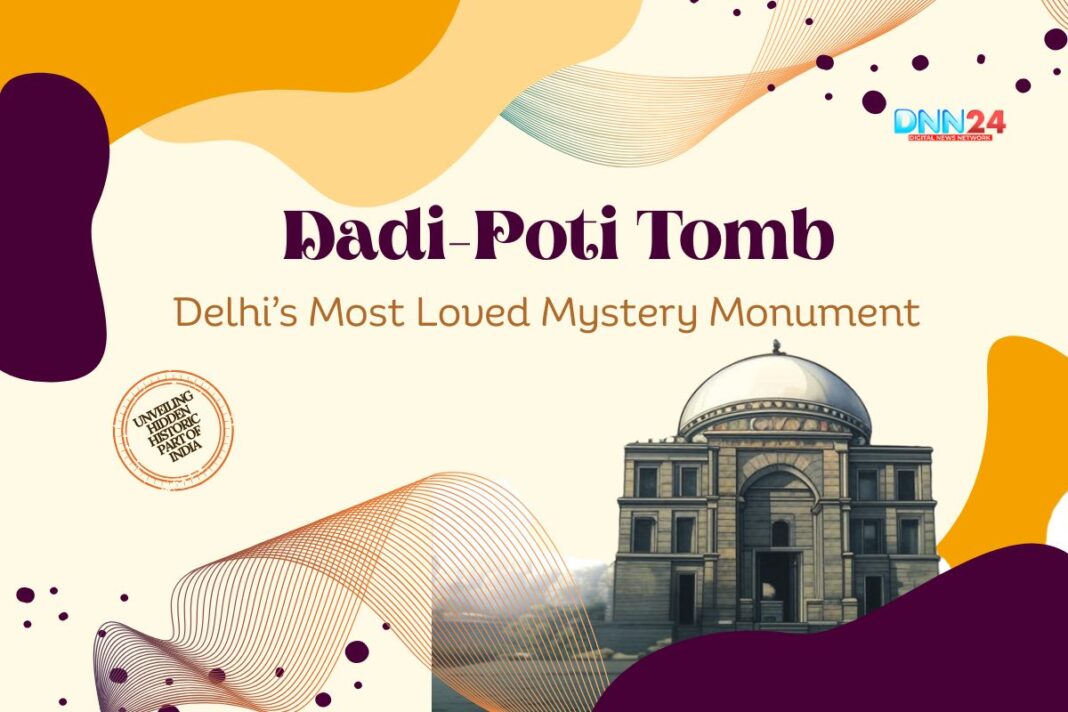Dr Ameeta Parsuram, lovingly known as ‘Meeta’ in literary circles, represents the perfect blend of academic excellence and artistic brilliance. Born in Delhi in 1955, she carved a unique identity as both a distinguished psychologist and a celebrated Urdu poetess. Her life story reads like poetry itself – filled with struggles, triumphs, and the constant search for meaning through words.
kuchh to ehsaas-e-mohabbat se huiin nam aankhen
Dr Ameeta Parsuram’ Meeta’
kuchh tiri yaad ke baadal bhi bhigo jaate hain
For four decades, she shaped young minds as a psychology professor at the University of Delhi, but her real impact came through verses that touched millions of hearts across India. What makes Meeta special is her ability to transform personal pain into universal healing. Her poems don’t just rhyme; they resonate with anyone who has loved, lost, or hoped against hope. She became the voice of countless women who found their own stories reflected in her couplets.
waqt se lamha lamha kheli hai
Dr Ameeta Parsuram’ Meeta’
zindagi ik ajab paheli hai
From university lecture halls to grand Mushairas, from radio broadcasts to television shows, Meeta’s journey proves that authentic voices always find their audience. Her poetry collection “Jo Aaj Tak Na Keh Saki” (What I Could Never Say Aloud) became a bestseller, establishing her as one of contemporary India’s most beloved female poets.
Growing Up with Words: Early Life and Family Influence
Meeta’s love affair with poetry began in her childhood home, where Urdu literature was part of daily conversation. Her father, an avid reader of Urdu newspapers, would often find solace in life’s complexities through classical couplets and verses. This early exposure planted the seeds of her poetic sensibility. As a young girl, Meeta was deeply sensitive, often retreating into her thoughts when overwhelmed by emotions she couldn’t express.
vahi charche vahi qisse mili ruswaiyan hum ko
Dr Ameeta Parsuram’ Meeta’
unhi qisson se vo mashhoor ho jaaye to kya kije
By fifth grade, she was already writing poems in both Hindi and Urdu, struggling to choose between two beautiful languages but ultimately embracing both. Her family gatherings were filled with impromptu poetry sessions, where relatives would recite verses and discuss their meanings in depth. These moments became her first classroom in the art of emotional expression. Despite financial struggles at home, her parents never discouraged her literary interests, understanding that their daughter possessed a rare gift.
zindagi apna safar tai to karegi lekin
Dr Ameeta Parsuram’ Meeta’
ham-safar aap jo hote to maza aur hi tha
The challenges of her early years, family tensions, financial constraints, and the typical struggles of growing up in middle-class Delhi—became the raw material for her future poetry. Even as a teenager, Meeta realised that her deepest wounds often gave rise to her most beautiful verses, a lesson that would guide her entire creative journey.
ab zamana hai bewafai ka
Dr Ameeta Parsuram’ Meeta’
seekh len ham bhi ye hunar shaayad
The Psychology Professor Who Never Stopped Being a Poet
Meeta’s professional journey took her into the world of psychology, where she spent forty years teaching at Delhi University’s Jesus & Mary College. However, she never saw her dual roles as conflicting; instead, she found a beautiful synergy between understanding human behaviour and expressing human emotions. Her psychology classes became legendary among students, not just for their academic content, but also for the wisdom she shared through real-life examples and poetic insights.
qaaem hai ab bhi meri wafaaon ka silsila
Dr Ameeta Parsuram’ Meeta’
ik silsila hai un ki jafaaon ka silsila
Many colleagues initially questioned how a ‘poetry-writing professor’ could be taken seriously in academic circles. Meeta proved them wrong by excelling in both fields, publishing research papers while simultaneously gaining recognition in literary forums. Her students remember her unique teaching style – explaining complex psychological concepts through simple analogies and often ending lectures with relevant couplets that made complicated theories memorable.
tumhen ham se mohabbat hai hamen tum se mohabbat hai
Dr Ameeta Parsuram’ Meeta’
ana ka daira phir bhi hamaare darmiyaan kyon hai
The transition from classroom teacher to public performer wasn’t easy. When she first started participating in Mushairas, Meeta struggled with severe stage fright. Her hands would tremble, her voice would shake, and she often considered giving up public performances. However, the overwhelming response from audiences – people wiping tears, nodding in recognition, and approaching her with their own stories – gave her the courage to continue. She realised that her poetry wasn’t just personal expression; it was a bridge connecting her experiences with others’ emotions.
dard jab zabt ki har had se guzar jaata hai
Dr Ameeta Parsuram’ Meeta’
khwaab tanhai ki aaghosh mein so jaate hain
Love, Loss, and the Stories Behind Famous Poems
Behind every memorable poem lies a real story, and Meeta’s verses are no exception. Her famous ghazal “Hazaron Manzilen Phir Bhi Meri Manzil Hai Tu Hi Tu” (Thousands of Destinations, Yet You Remain My Only Goal) was born from a deeply personal experience of love and separation. She has often shared how this poem came to her during a challenging period when she had to say goodbye to someone who meant the world to her.
agar hai zindagi ik jashn to na-mehrbaan kyon hai
Dr Ameeta Parsuram’ Meeta’
fasurda rang mein doobi hui har dastaan kyon hai
Many of her poems reflect actual conversations with friends going through depression, breakups, or family crises. Meeta’s phone became a helpline for people seeking emotional support, and these late-night conversations often transformed into verses that helped not just the original caller but thousands of readers facing similar situations. Her poetry became a form of collective therapy, addressing issues that Indian society often prefers to keep private.
zindagi apna safar tai to karegi lekin
Dr Ameeta Parsuram’ Meeta’
ham-safar aap jo hote to maza aur hi tha
One particularly touching moment in her career came when she recited her ghazals to a legendary playback singer in Mumbai. Her voice cracked with emotion during the performance, but instead of feeling embarrassed, she experienced a profound connection with her audience. That day, she understood that vulnerability wasn’t a weakness but her greatest strength as a poet. The authenticity of her emotions, visible even in her voice, made her poetry unforgettable for those who heard it live.
adhoori wafaaon se ummeed rakhna
Dr Ameeta Parsuram’ Meeta’
hamaare bhi dil ki ajab saadgi hai
Creating APBazm: Building a Community of Poets
Recognising the power of community in nurturing artistic talent, Meeta founded APBazm, a poetry platform that welcomes voices from all backgrounds. She deliberately avoided creating exclusive spaces, opposing the common practice of separate ‘Women’s Mushairas’ and instead advocating for equal platforms where talent, not gender, determined participation. Her vision was simple: poetry should unite, not divide.
ye aarzu hai ki ab koi aarzu na rahe
Dr Ameeta Parsuram’ Meeta’
kisi safar kisi manzil ki justuju na rahe
Under her leadership, APBazm grew from a small group of poetry enthusiasts to a significant literary movement. The platform gained recognition for its inclusive approach, welcoming both established poets and complete beginners. Meeta personally mentored dozens of emerging writers, many from families where Urdu or Hindi poetry had no tradition. She understood that talent often needs just a slight push and the right environment to flourish.
guzar hi jaaen ge tere firaaq ke mausam
Dr Ameeta Parsuram’ Meeta’
har intezaar ke aage bhi hain maqam kai
APBazm’s success lies in its emphasis on emotional honesty over technical perfection. Meeta encouraged poets to write from their hearts first and worry about meter and rhyme later. This approach produced some remarkably authentic voices who might have been intimidated by more formal literary circles. Today, APBazm stands as a testament to Meeta’s belief that poetry belongs to everyone, not just the academically trained or culturally privileged.
ham ne hazaar faasle jee kar tamaam shab
Dr Ameeta Parsuram’ Meeta’
ik mukhtasar si raat ko muddat bana diya
Legacy of Words: Impact on Modern Urdu Poetry
Dr Ameeta Parsuram’ Meeta’ represents a bridge between traditional Urdu poetry and contemporary emotional expression. Her work demonstrates that classical forms can convey modern sentiments without compromising their essence. She inspired a generation of women poets who saw in her example that it was possible to be respected both as an academic and an artist, as a professional and a creative person.
barsengi aaj rahmatein aamad hai yaar ki
Dr Ameeta Parsuram’ Meeta’
nayaab hain ye ghadiyaan tire intezaar ki
Her influence extends beyond poetry into social consciousness. By openly discussing topics like depression, heartbreak, women’s struggles, and family conflicts, she normalised conversations that Indian society often avoids. Her verses became conversation starters, helping families discuss emotions and relationships more openly. Many readers have shared how her poems helped them through dark periods or gave them the courage to express their own suppressed feelings.
do kinaron ko milaaya tha faqat lahroin ne
Dr Ameeta Parsuram’ Meeta’
ham agar us ke na the vo bhi hamaara kab tha
Today, even in retirement from her teaching career, Meeta continues to write, perform, and mentor. Her journey from a sensitive child writing poems in fifth grade to becoming one of India’s most beloved contemporary poets offers hope to anyone who has ever felt that their emotions were too intense or their dreams too unconventional. She proved that what makes us different can become what makes us valuable to the world.
Also Read: Deep Narayan Nayak: Teacher of the Street Who Turned Walls into Blackboards
You can connect with DNN24 on Facebook, Twitter, and Instagram and subscribe to our YouTube channel.



